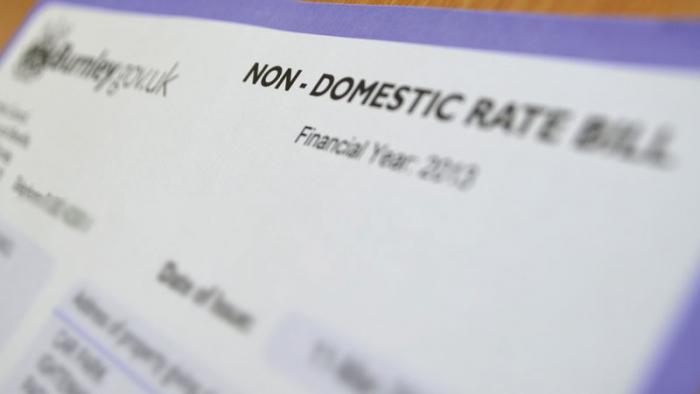Business Rates
Disclaimer of lease leaves landlord with large rates bill
Who is liable for business rates if the lease of property is disclaimed by the tenant’s liquidator? The choice is between no one and the landlord. For many years local authorities have opted for the latter, although there has always been doubt as to whether a landlord is in fact liable in such circumstances.

In a recent decision in the High Court Schroder v Birmingham the assignee of a lease of premises in Birmingham became insolvent and its liquidator disclaimed the lease. The landlord called on the original tenant to pay the rent as guarantor under an authorised guarantee agreement and it did so. The landlord did not retake possession and the property remained unoccupied for a couple of years. The council demanded business rates from the landlord for the period from the disclaimer onwards, which totalled approximately £600,000. The landlord challenged his liability for the rates following the disclaimer.
Under Section 65(1) of the Local Government Finance Act 1988, the person “entitled to possession” is liable for the rates. Was the landlord entitled even though it had not retaken possession? Was it relevant that the original tenant, having paid rent under the AGA, had a statutory right to demand a lease?
In the leading case of Hindcastle the House of Lords set down the general principle that “a disclaimer operates to determine the interest of the tenant in the disclaimed property but not so as to affect the rights or liabilities of any other person”. Would making the landlord liable in these circumstances offend this principle?
The court ruled that the effect of the disclaimer was to end the lease entirely and thereby entitle the landlord to immediate possession. The lease was deemed still to exist (as a result of Section 178(4)(b) of the Insolvency Act 1986) only in order to continue the original tenant’s contractual liability under the AGA and not for any other purpose. It followed that the landlord was liable for the business rates.
If the original tenant had exercised its statutory right to call for a lease, liability for business rates would have shifted to the original tenant. However, the original tenant had not exercised this right.





